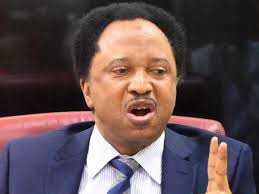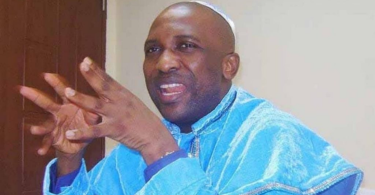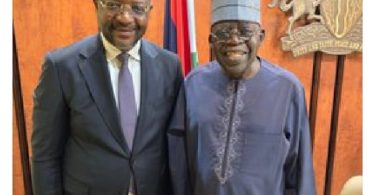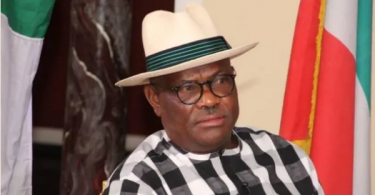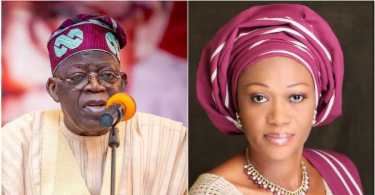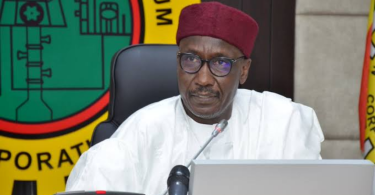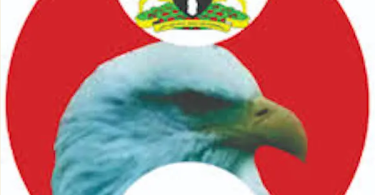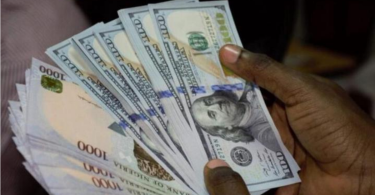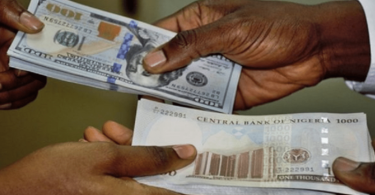In a surprising turn of events, the G5 (integrity group), comprised of four former governors and one serving governor, has been accused of attempting to impose minority leaders in the Senate and House of Representatives.
The G5 members, namely Nyemson Wike, Ifeanyi Ugwanyi, Seyi Makinde, Okezie Ikpeazu, and Samuel Ortom, are renowned for their opposition to the People’s Democratic Party (PDP) candidate, Atiku Abubakar, in the recently concluded 2023 presidential election, which saw Bola Tinubu emerge as the winner.
The controversial move has ignited a clash between Atiku Abubakar and the G5. The former presidential candidate expressed his dissatisfaction, criticizing the G5’s actions as an attempt to weaken the opposition.
Taking to Twitter, human rights activist and former Nigerian senator, Shehu Sani, voiced his concerns about the development, stating, “If the opposition legislators in the National Assembly allowed the G5 to impose stooges as their minority leaders in the Senate and the House of Representatives, you will have a docile, compliant, robotic, and subservient opposition, always at the beck and call of the governing party.”
The alleged imposition of minority leaders has raised questions about the fairness and independence of Nigeria’s political landscape. Many are now closely monitoring the unfolding situation to see how it will impact the power dynamics within the National Assembly and the effectiveness of the opposition in holding the ruling party accountable.
Metason (
)

